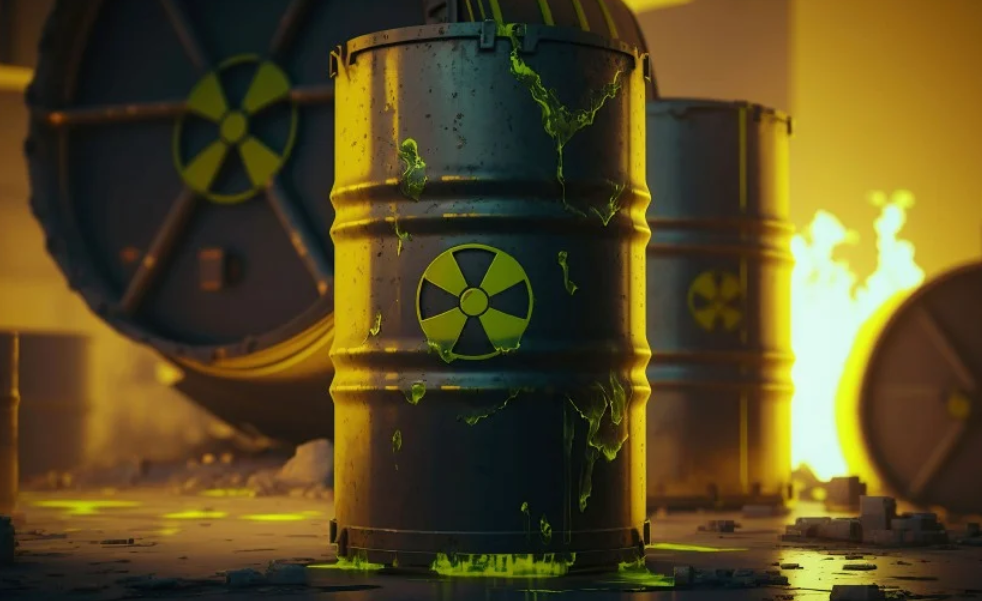Nuclear contamination poses significant health risks to populations across Asia, raising concerns about long-term effects and environmental sustainability. In this article, we’ll delve into the complexities of nuclear contamination in Asia, providing expert insights to help you understand the associated health dangers.
The Health Risks of Nuclear Contamination: An Overview
Nuclear contamination occurs when radioactive materials are released into the environment, either through accidents at nuclear facilities or improper disposal of nuclear waste. Asia has witnessed several incidents of nuclear accidents, such as the Fukushima disaster in Japan, highlighting the potential dangers to public health.
The Fukushima Disaster: Lessons Learned
The Fukushima Daiichi nuclear disaster, triggered by a tsunami in 2011, released large amounts of radioactive material into the atmosphere and ocean. The health consequences for affected populations have been significant, with increased risks of cancer, birth defects, and other radiation-related illnesses.
Health Effects of Radiation Exposure
Exposure to radiation from nuclear contamination can have various health effects, depending on factors such as the dose, duration, and type of radiation. Acute effects may include radiation sickness, while long-term exposure can lead to an increased risk of cancer, genetic mutations, and reproductive issues.
Environmental Impact
In addition to human health risks, nuclear contamination has profound implications for the environment. Radioactive materials can contaminate soil, water sources, and wildlife, disrupting ecosystems and posing risks to biodiversity and food security.
Containment and Cleanup Efforts
Efforts to contain and clean up nuclear contamination are complex and resource-intensive. Remediation measures may include decontamination of affected areas, storage and disposal of radioactive waste, and monitoring of environmental radiation levels. However, challenges such as technical limitations, cost constraints, and political barriers can hinder progress.
Public Health Preparedness
To mitigate the health risks of nuclear contamination, governments and communities must prioritize public health preparedness. This includes developing emergency response plans, educating the public about radiation risks, and providing access to medical care and monitoring for affected individuals.
Role of Experts and Scientists
Experts and scientists play a crucial role in assessing the health dangers of nuclear contamination and informing policy decisions. Their research and expertise contribute to understanding the long-term impacts of radiation exposure, evaluating cleanup strategies, and developing preventive measures to safeguard public health.
Conclusion
In conclusion, “Understanding the Health Dangers of Nuclear Contamination in Asia: Expert Insights” sheds light on the complex issues surrounding nuclear contamination and its impact on public health in Asia. By recognizing the risks posed by nuclear accidents and contamination, we can work towards strengthening preparedness, implementing effective cleanup measures, and protecting the health and well-being of communities across the region.
FAQ
Q: What are the main health risks associated with nuclear contamination?
A: The main health risks include increased risk of cancer, radiation sickness, genetic mutations, and reproductive issues.
Q: How can communities prepare for nuclear emergencies?
A: Communities can prepare by developing emergency response plans, conducting drills, educating the public about radiation risks, and providing access to medical care and monitoring.
Q: What are the long-term environmental effects of nuclear contamination?
A: Nuclear contamination can contaminate soil, water sources, and wildlife, leading to ecosystem disruption, biodiversity loss, and food security concerns.
Q: What role do experts and scientists play in addressing nuclear contamination?
A: Experts and scientists conduct research to assess health risks, evaluate cleanup strategies, and develop preventive measures to mitigate the impact of nuclear contamination on public health and the environment.
By understanding the health dangers of nuclear contamination and working collaboratively to address them, we can strive towards a safer and healthier future for all.
